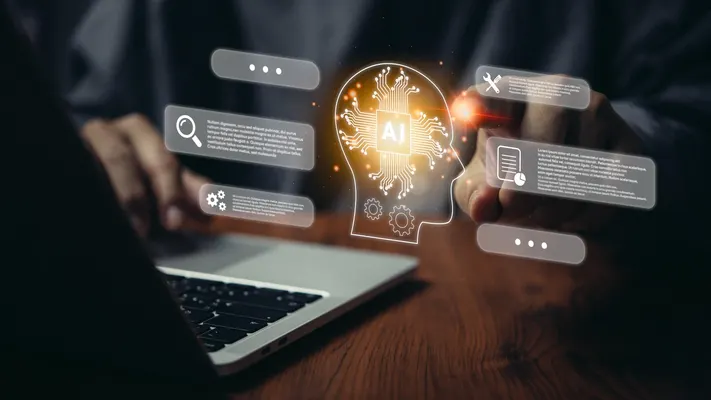
Although memory loss is the most common symptom of dementia, it alone is not always a sign of the disease. Depending on the type and cause of dementia, specific symptoms may vary from person to person. However, there are some common signs and symptoms that patients experience.

Cognitive Changes
Cognitive symptoms include things that affect mental activity and the ability to understand and gain knowledge through thoughts, experiences, and senses. People with dementia typically experience some cognitive changes. The most common symptom is memory loss. This may include problems with short-term memory, keeping track of everyday items like keys or wallets, paying bills, remembering appointments, and traveling outside of familiar places. Other common symptoms may include:
- Disorientation
- Inability to find the right words to communicate effectively
- Problems with complex tasks like organization and planning
- Difficulties with motor function
- Loss of coordination
Psychological Changes
Dementia can also have a significant impact on a person's mental and emotional state. In addition to the most common symptoms of dementia, other psychological changes may occur with the disease. This includes:
- Paranoia
- Inappropriate behavior
- Agitation
- Inability to think logically
- Hallucinations
- General personality changes
Progressive Nature of Dementia
Most forms of dementia are progressive, meaning that symptoms are mild at first and gradually worsen over time. That’s why early diagnosis is beneficial, as medications can sometimes slow mental decline. Additionally, there are some diseases that can cause dementia and are treatable. Dementia symptoms can sometimes be reversed if these underlying conditions are diagnosed early enough and given the proper treatment.
Symptom Diagnosis
Because there are so many possible causes of dementia, it can sometimes be difficult to determine which underlying condition is causing the symptoms. Therefore, multiple appointments and tests are often needed to narrow down the exact diagnosis. Doctors will perform a variety of tests to evaluate brain function.
- Cognitive and neuropsychological testing:Doctors will usually perform tests designed to evaluate cognitive thinking. These tests measure skills such as orientation, thinking, judgment, memory, language skills, and attention.
- Neurological exam:These tests focus more on movement, balance, reflexes, and sensation. Sometimes other physical illnesses can be discovered through a neurological exam.
- Lab tests:Blood tests can help rule out other unrelated conditions that may be causing dementia-like symptoms. For example, vitamin B12 deficiency and thyroid problems can be detected through blood tests.
- Brain scans:CT and MRI are used to look for signs of a brain tumor, stroke, or bleeding in the brain.
- Psychiatric evaluation:Your doctor may recommend that you see a mental health specialist to determine if your symptoms may be caused by a mental illness such as depression.
Conclusion
By combining these tests and looking at your medical history and specific symptoms, your doctor can often determine the exact cause of your dementia symptoms.







